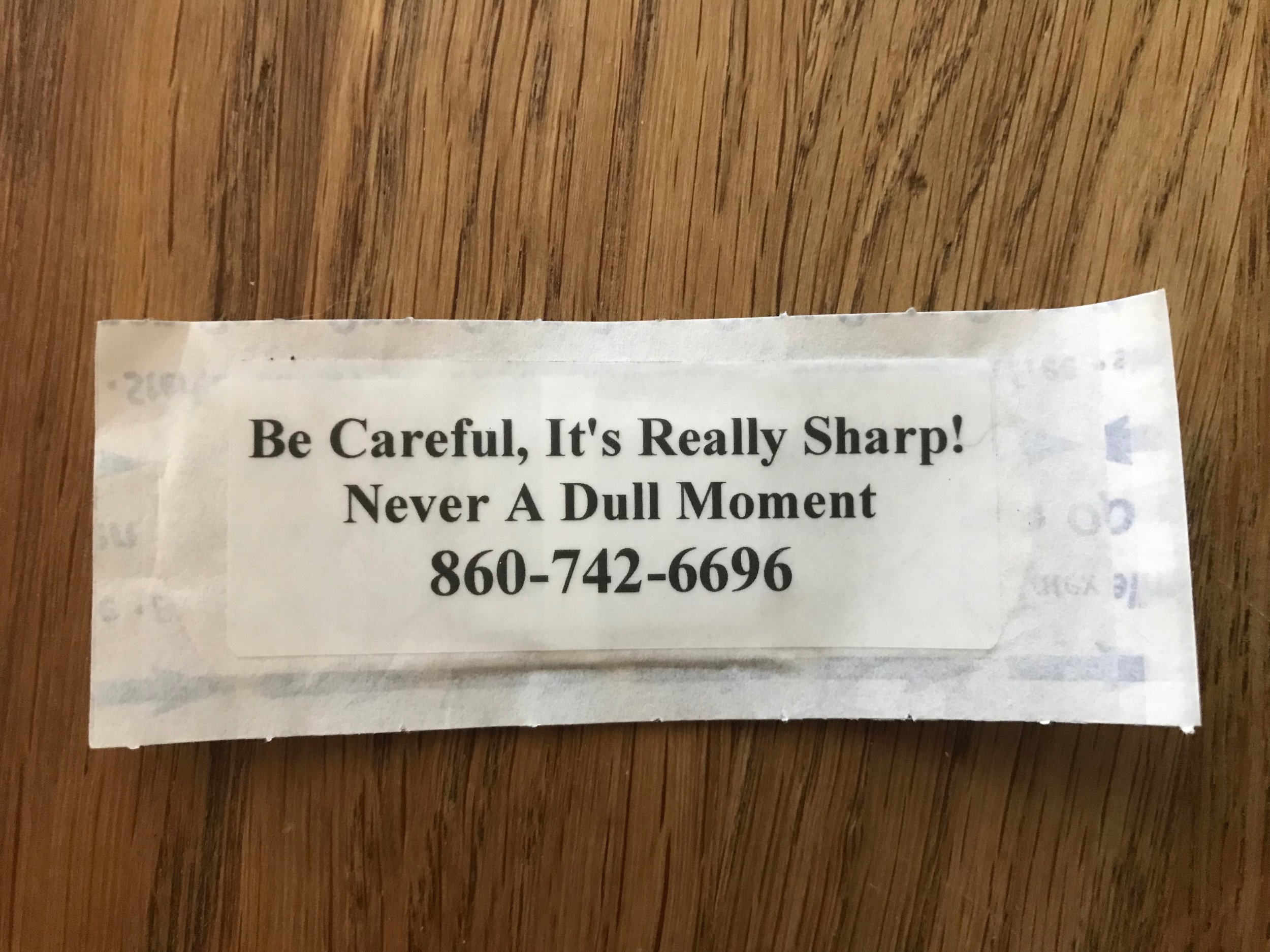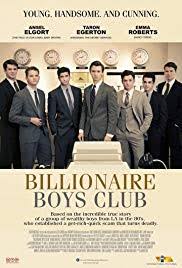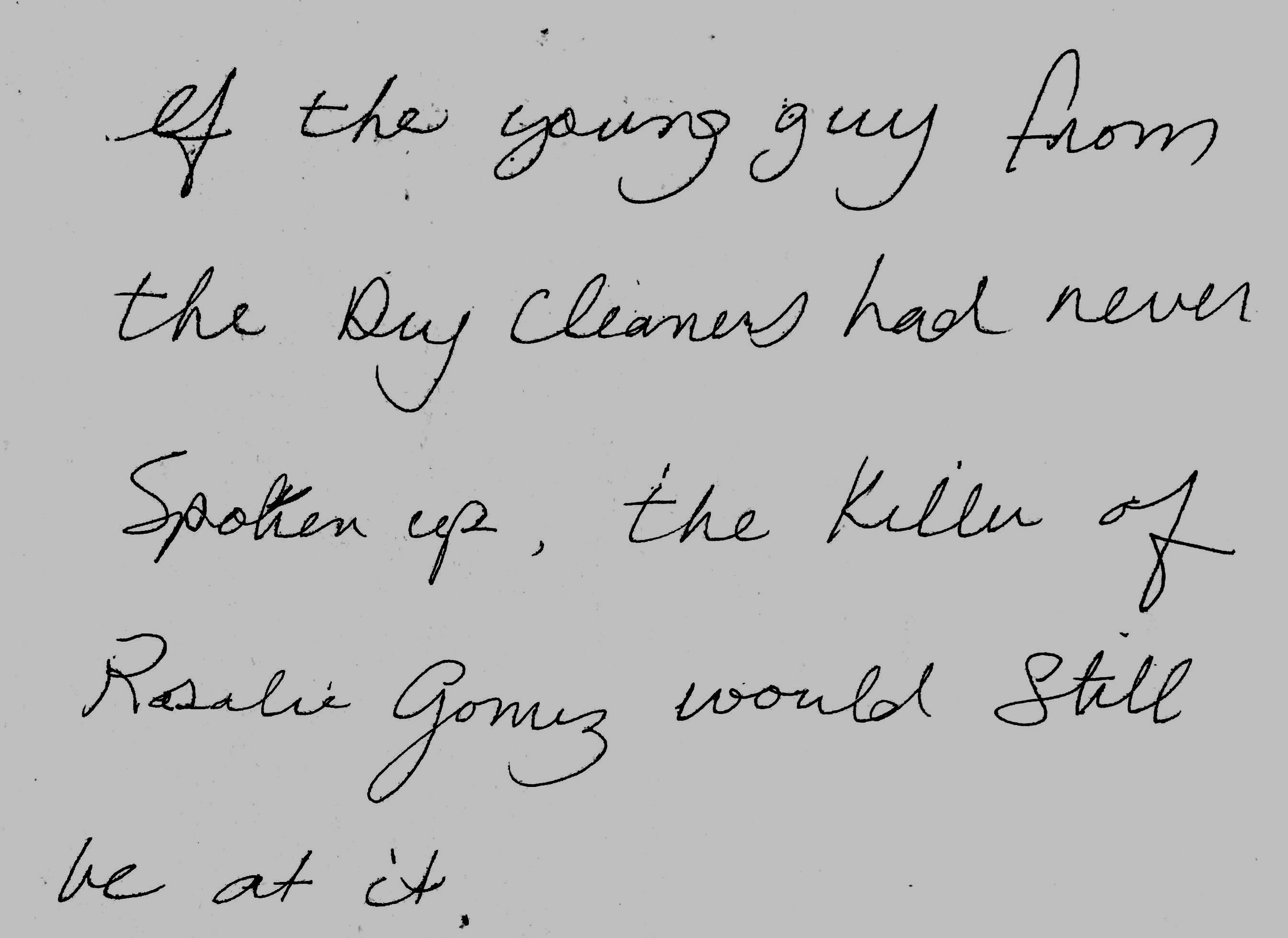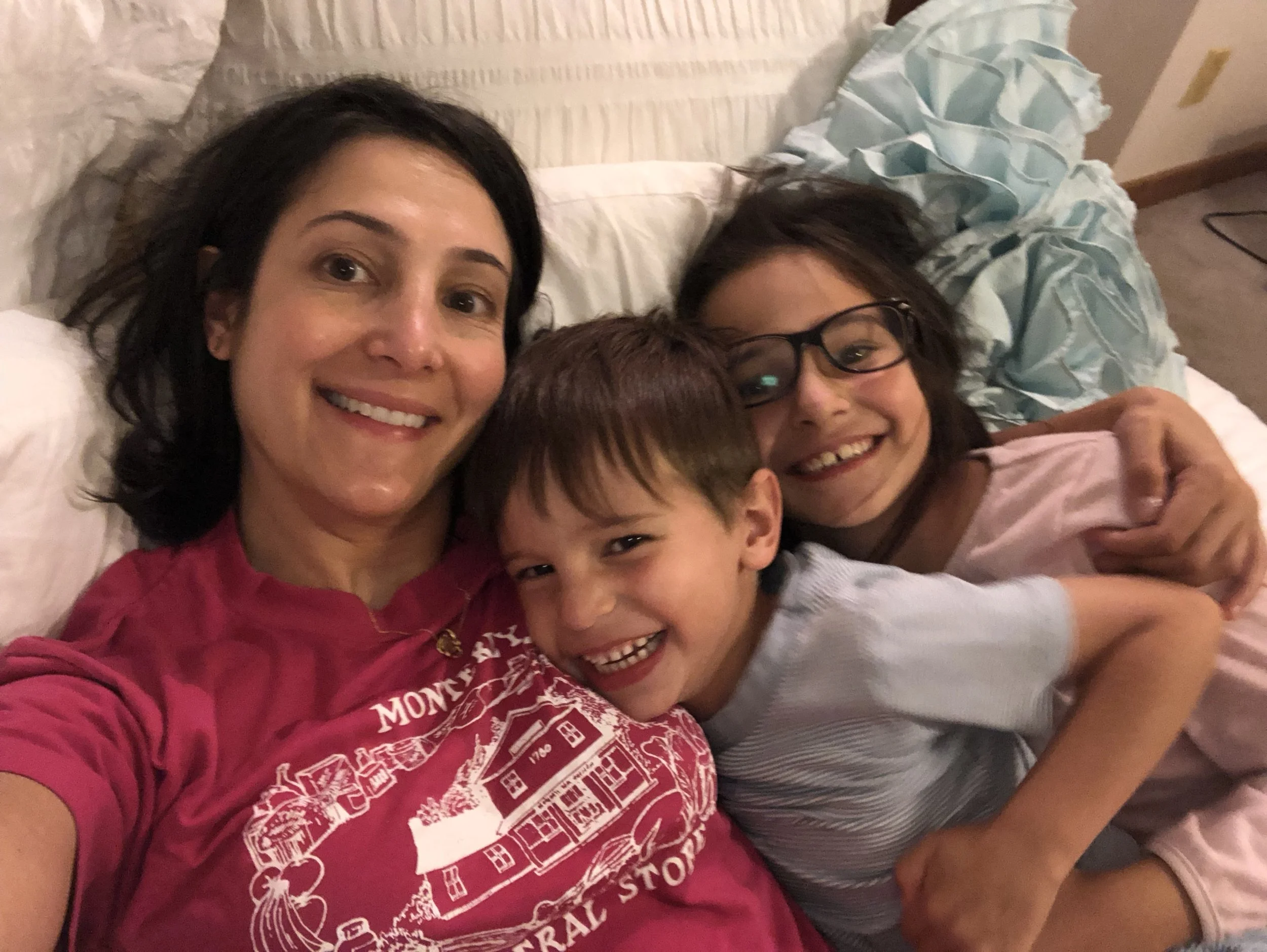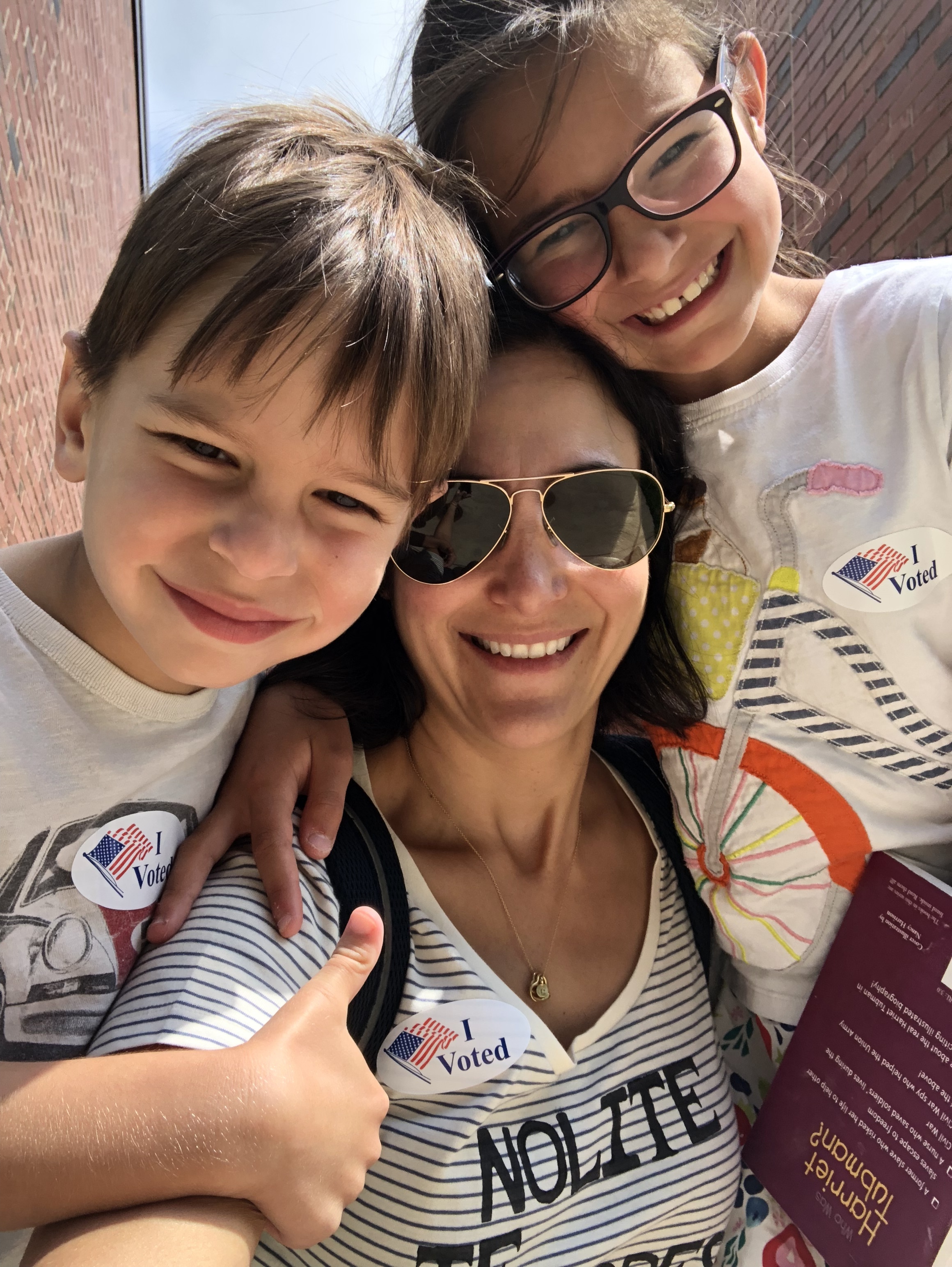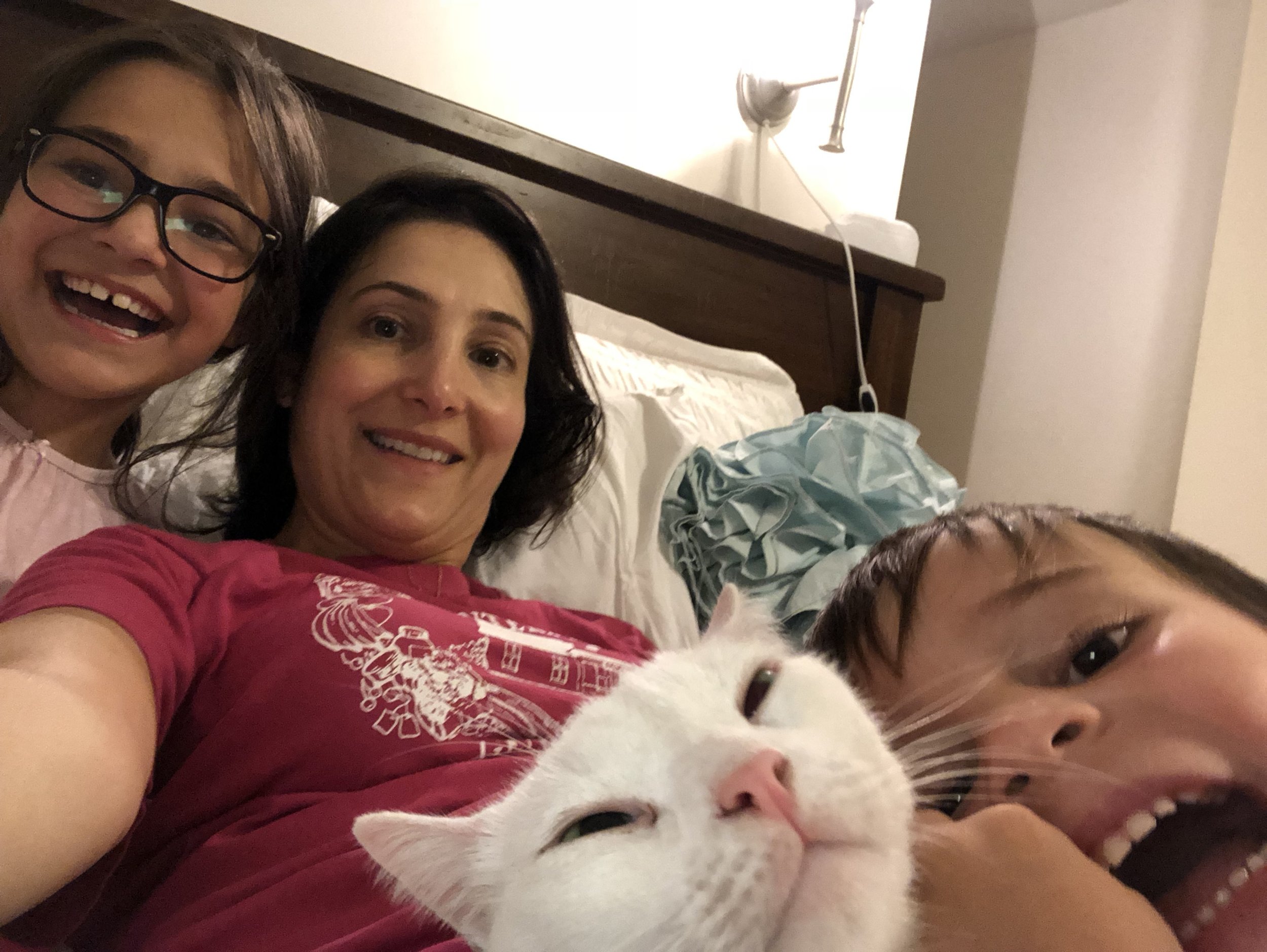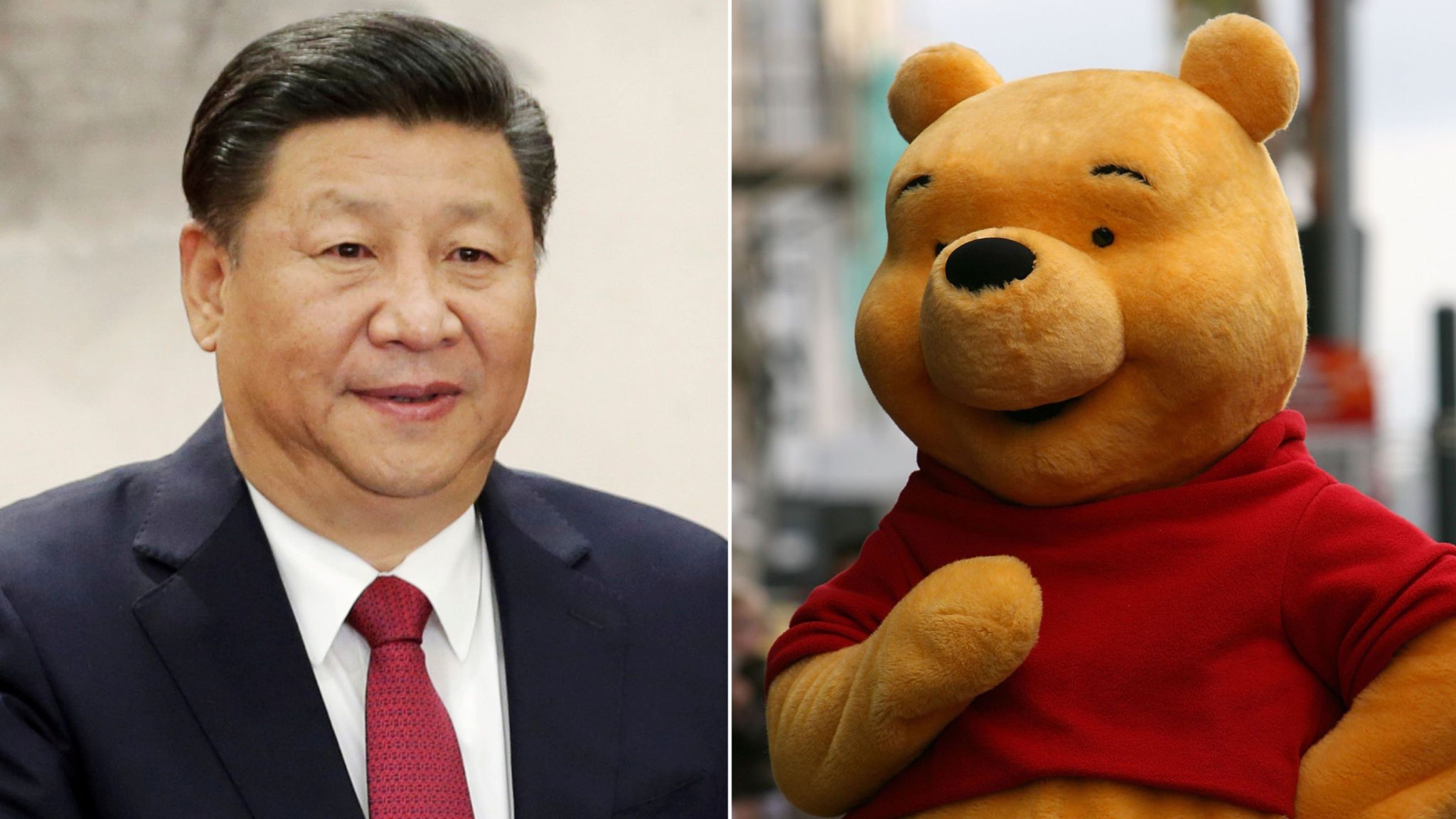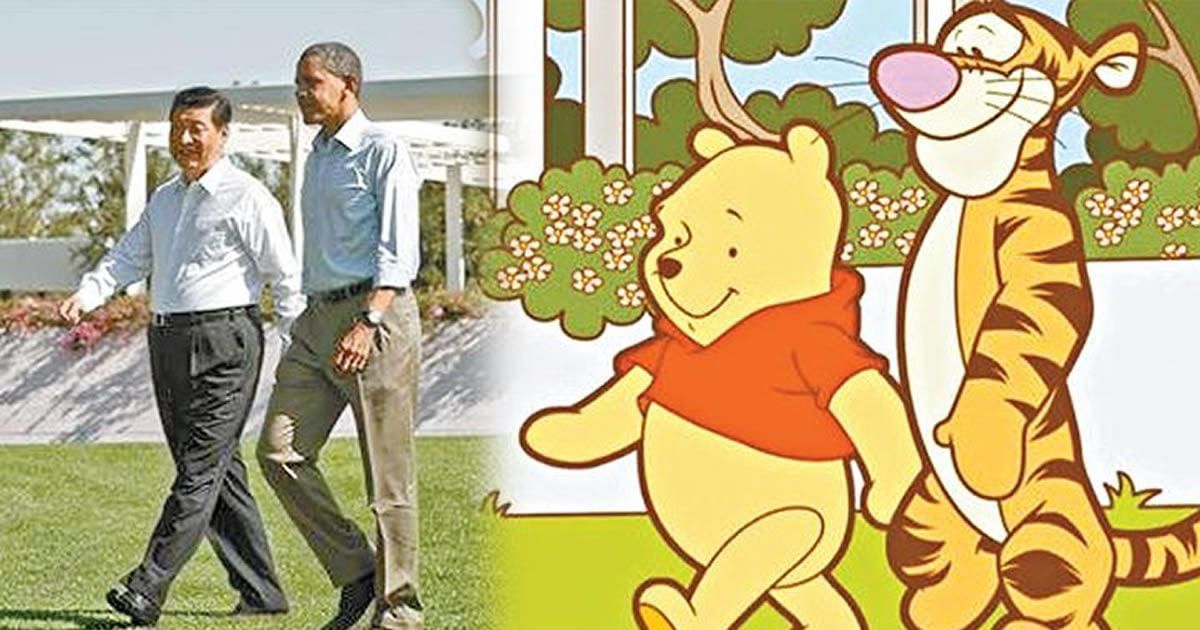The audiobook for Storyworthy: Engage, Teach, Persuade, and Change Your Life Through the Power of Storytelling is now available for your downloading or compact disc pleasure, and for the first time, the book is narrated by me.
I'm afraid to listen.
After spending three days in a recording studio in Grand Haven, Michigan, misreading words, tripping over my own sentences, and finding many words impossible to pronounce, I'm worried that I might sound terrible.
The director and sound engineer were sitting in the adjacent room, of course, helping me correct my mistakes and trying to make me sound excellent, but still, I'm not a professional narrator, and my verbal limitations quickly became apparent.
Having grown up in the Boston area with a pronounced Boston accent, it turns out that 25 years later, remnants of that accent still remain and can be especially troublesome when perfect pronunciation is critical. The letter R is still hard for me depending on where it's placed in a word, and particularly when multiple words contain multiple R's fall one after the other.
And when an R and an L are combined in a word like "ruling" or "rolling," forget it. I can pronounce these words just fine when spoken independently, but attach them to other words, and the pronunciation falls apart.
Other words that I do not pronounce correctly include "middle," "little," "Hartford," "park," and "sixth."
And the word "horror?" Almost unpronounceable.
Despite these struggles, I managed to complete four days of planned recording in just two days, allowing me to come home early and surprise Elysha and the kids. After the plane landed, I made my way to the restaurant where I knew she was having dinner with a friend. Appearing two days early with flowers in my hand at the side of her table is a good way to surprise your wife.
Although I often felt incompetent and foolish in the recording studio, my director and sound engineer thought I did exceptionally well, and since we managed to finish well ahead of schedule, I was starting to believe them.
Then I made the mistake of asking to listen to one of the professional narrators in an adjacent studio. I couldn't see the narrator but only hear her through headphones. She sounded like an elderly British lady, performing alongside about half a dozen other narrators. But when the door opened and the narrator emerged, she turned out to be a 23 year-old woman with a flat, midwestern accent who is capable of sounding like almost anyone from anywhere.
These audiobook narrators are remarkably talented.
And my time in Michigan was not all spent alone in a soundproof booth.
I went swimming in Lake Michigan on one steamy afternoon. I ate the best salted caramel ice cream of my life. I saw three movies. I explored the area a lot. And I performed three standup sets at two different comedy clubs, including one night when the owner asked me to perform again after my first set.
I had to find ten more minutes of material in an hour, which actually worked well.
If you plan on listening to the book, I hope you enjoy. And I hope you'll forgive any of my imperfections. I tried like hell.






